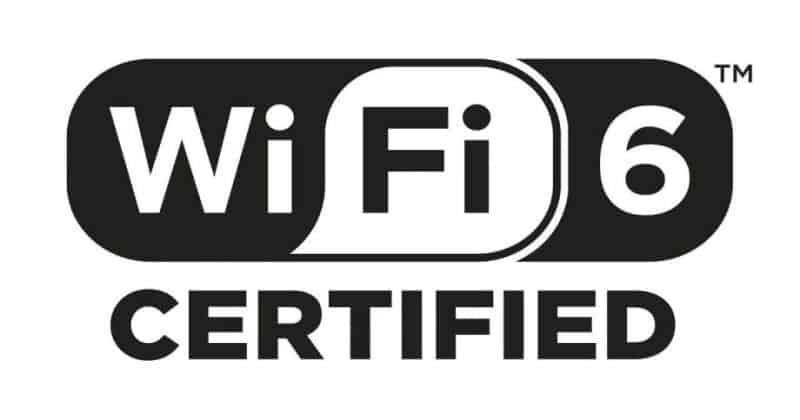Though this upgrade was unveiled last year, it didn’t seem to adoptable by common citizens sooner in future. But the usage of this new Wi-Fi standard by numerous exhibitors in the recent CES event makes us believe that’s inevitable and soon.
The New Wi-Fi 6
The new standard unveiled is capable of transmitting gigabits of data with huge bandwidth over farther distances than current systems. Other improved features as better security, low latency, increased efficiency, the low power consumption etc are usual and expected. Though these all are attractive, the big problem comes with adoption. The Wi-Fi 6 capable routers are expensive enough to sway away users. And if they need to make into the mainstream, lowering the prices will be the only option.
Mesh Networks Over Wi-Fi 6
After all, a user will consider upgrading to WiFi 6 only it seems great over what they’re using now. The current standards let users have fine speeds, but are limited to a specific range. Wi-Fi 6 solves this with its farther distances, so does the current systems with meshing technology. Routers with Wi-Fi 5 or low tech are installed within big homes can even have a large and stronger range over Wi-Fi 6, making them the direct competitors of the latest standard. Popular router makers as TP-Link, Netgear, D-Link etc have already made prepared their devices, but pushing them into users hands is more of a marketing job. Nevertheless, until all the internet gadget manufacturers produce their gadgets with Wi-Fi 6 compatibility, users would not realise the true potential and subscribe for the latest generation. One such pioneer is Apple! Many of you wouldn’t realise the smartphone makers has chipped in Wi-Fi 6 modems into their latest iPhone 11 series which sold millions of units since launched.

